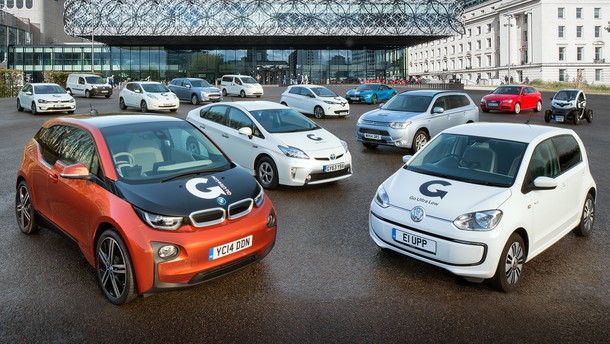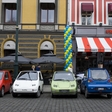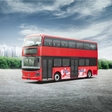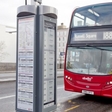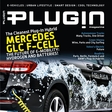
To become one of the 'Go Ultra Low Cities', the cities had to submit their innovative EV projects. With this funding, the British Government plans to spark innovation and the grow electric car market. 'Go Ultra Low Cities' include Bristol, London, Milton Keynes and Nottingham as the main benefactors of the £40 million scheme, while Dundee, the North East, Oxford and York will share the funding to complete their EV specific projects. As part of the initiative they will deliver a roll-out of cutting edge technology, for example rapid-charging hubs and street lighting that can double as charging points for electric vehicles. Owners of electric and plug-in hybrid cars will be given further local privileges, including access to bus lanes in city centres, which are otherwise of course off limits for 'regular' drivers.
London proved to be the most successful city, receiving £13 million to create 'Neighbourhoods of the Future' with Low Emission Zones, where parking and traffic priority is given to owners of plug-in vehicles (ULEVs).
Milton Keynes will receive £9 million to open a city centre Electric Vehicle Experience Centre, which is "a 'one stop shop' providing consumer advice and short-term vehicle loans." The city also intends to offer 20,000 free EV parking spaces and special privileges in traffic (the same priority at traffic lights as local buses, while also having access to bus lanes).
Bristol will be awarded £7 million to arrange three carpool lanes in the city for ULEVs and incorporate a plug-in car leasing scheme. With £6 million granted, Nottinghamshire and Derby will install 230 charge points and also offer privileges to plug-in car owners, such as discount parking and access to bus lanes.
The 'Go Ultra Low Cities' funding scheme is only a part of the substantial £600 million package of measures from the Office for Low Emission Vehicles, created to promote low or zero emission cars, buses and taxis by 2020.
